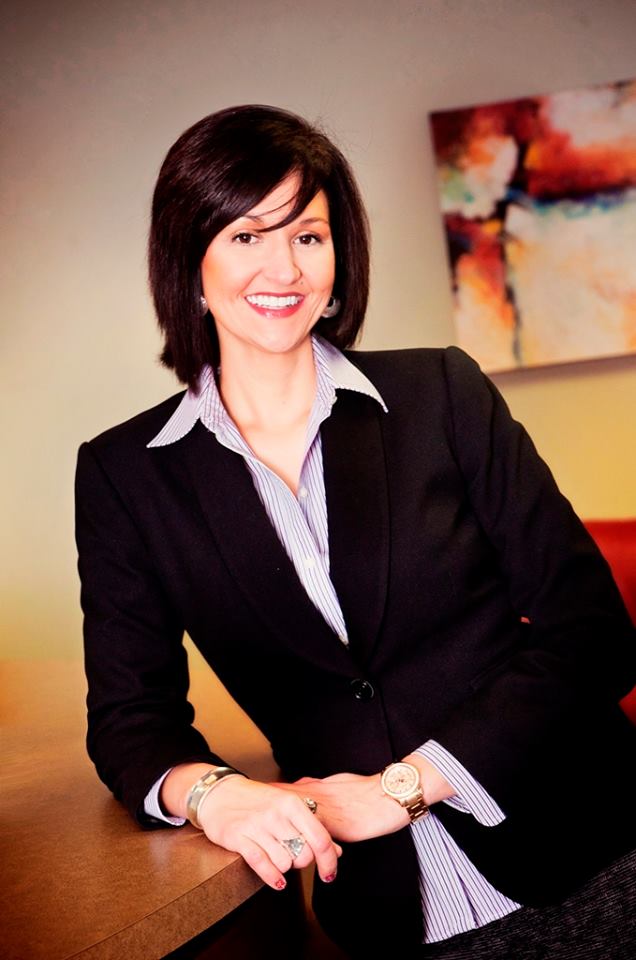 Women’s Forum – Quiet Conversations is a community conversation on topics rarely discussed openly. On November 15, attendees will hear from a panel of community and business leaders on a variety of important issues, including: gender discrimination, assault and abuse, sexual harassment, race relations, women and depression, unhealthy relationships and diversity and inclusion. We sat down with panelist Amber Oetting, Kansas Gas Service, to discuss her specific topic, gender discrimination in the workplace.
Women’s Forum – Quiet Conversations is a community conversation on topics rarely discussed openly. On November 15, attendees will hear from a panel of community and business leaders on a variety of important issues, including: gender discrimination, assault and abuse, sexual harassment, race relations, women and depression, unhealthy relationships and diversity and inclusion. We sat down with panelist Amber Oetting, Kansas Gas Service, to discuss her specific topic, gender discrimination in the workplace.
An age-old issue, gender discrimination is every bit as prevalent now as it was when women entered the workforce. And, unfortunately, it is an issue many victims, bystanders and managerial staff remain silent on.
But why do so many stay quiet about gender discrimination in the workplace?
In addition to continual issues of bias and sexism occurring within many organizations, it remains that women feel a great amount of social pressure to not mention the subject openly.
“It’s an old adage that women don’t ask for more. We await what’s given to us,” says Amber. She adds that it has only just developed over time that women are sitting at the table, reevaluating what they deserve. “Now there are a wealth of resources on how, why and when women need to fight for their worth.”
Resources can be books, like Know Your Worth by Mika Brzezinski or Lean In by Sheryl Sandberg, as well as online resources such as Forbes Women, LeanIn.org, and community-based resources such as the YWCA and the Women’s Foundation.
Education may be key to diagnosing issues and trying to strategize solutions, but the discrepancy must also be brought to those in power for change to occur.
As Amber see it, influence starts from the top down. Putting a check on discrimination means addressing it when and where it occurs, a standard that must be enforced by all institutional leadership as well as general staff. “There must be 100% buy-in from leadership – senior management, middle management all need to buy in and preach it.”
“Historically, the problem has been that discrepancies have gone unreported.” Victims often believe they won’t be taken at their word. Amber is adamant that “as a manager, if I see something, I need to report it” – either anonymously or in person.
One story Amber shared was while with a previous former employer, a male coworker gave her the advice of keeping a journal of all the discriminatory behavior she was a victim of, which she did. “What I found out following my exit interview was that he kept a journal as well, and he had accounts of every mistreatment that occurred to me and was able to verify my record of the event” – a perfect example of a workplace ally.
Be sure to share this event on Facebook, and stay tuned for more Quiet Conversation topics to be shared in the following days.
